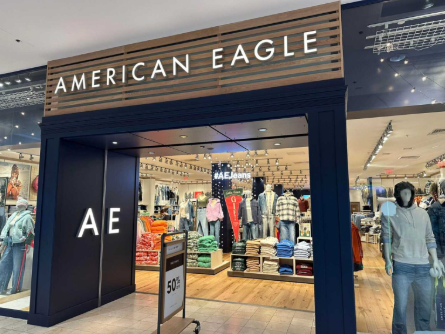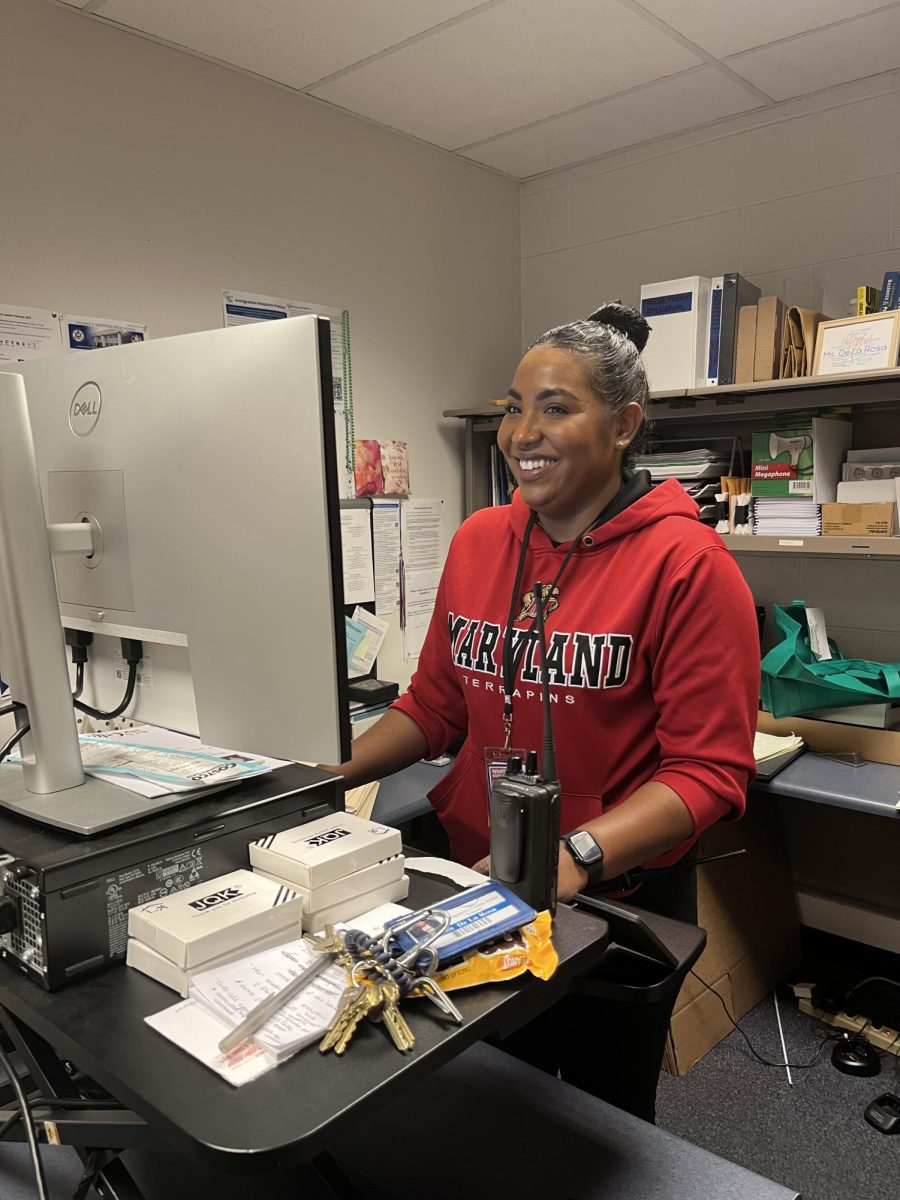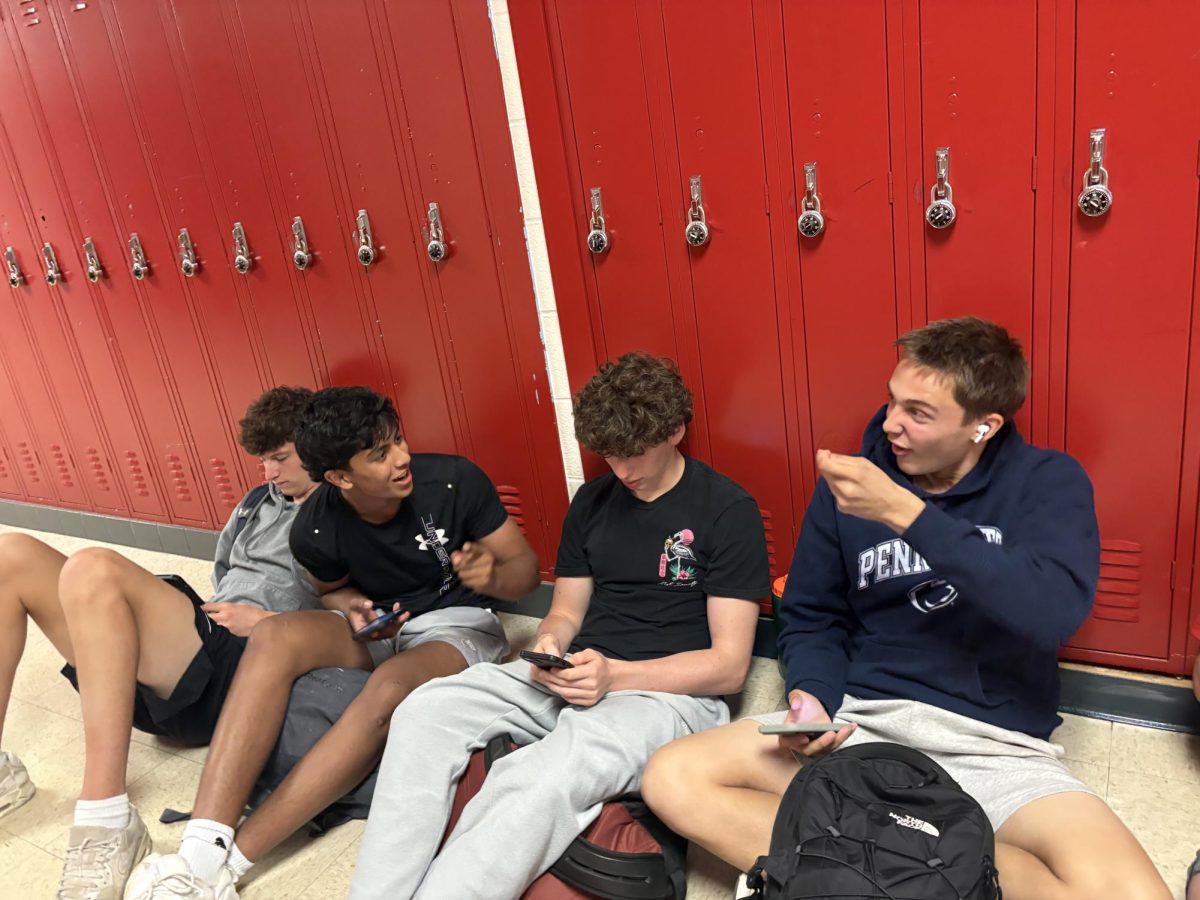Common Sense Responds: The system has always been broken
June 9, 2020
If police are our body guards, who are theirs? Surely it can’t be the patrol of lawyers tailing behind law enforcement officials with their briefcases of cash to bail them out? Or could it be the small shiny badge that officers hold to serve as a get-out-of-jail-free card? Regardless, it is clear the scales have always been tipped in favor of the people who hold the guns, badges and power.
In 1967, the Supreme Court introduced the qualified immunity legal doctrine, shielding government officials from lawsuits and legal liability for enforcing the law “in good faith and with probable cause.” This notion was further solidified in Harlow v. Fitzgerald in 1982, as the Cornell Law School explains the court ruled that “as long as their actions in question were within the scope of their jobs,” officers will always be exempt from criminal prosecution.
This new decision went beyond the original interpretation that qualified immunity would allow for lawsuits where officials have clearly violated an established law or constitutional right. Now, no matter the circumstance — including if officers treat others with malicious intent — government officials will always be immune from lawsuits unless the plaintiff can point to a previously decided court case with the same exact context and conduct.
Advocacy groups have found that this doctrine validates the “shoot first, think later” approach to policing, resulting in upwards of 1,000 deaths caused by police officials each year. Of all these murders, Mapping Police Violence reports that black Americans are two-and-a-half times more likely to be shot than their white counterparts. The Sentencing Project also finds that “African-American adults are 5.9 times as likely to be incarcerated than whites and Hispanics are 3.1 times as likely.”
Because of this policy, the Yale Law Journal elaborates that it is incredibly difficult to attempt to sue a police officer for any crime, let alone win a case against one. The reason why the police almost always prevail is because it is near impossible to find past cases that are identical in all respects and have been ruled in favor of the plaintiff. Even last month, “the U.S. Supreme Court rejected three separate appeals involving the controversial doctrine of ‘qualified immunity,’” according to Bloomberg Law.
This cycle then solidifies, as courts stop creating precedents in favor of the plaintiffs because they almost always lose. However, not only does qualified immunity reduce an individual’s chance of victory in a lawsuit, it also means that many claims will never be brought to court in the first place. Instead of reviewing and applying the law and constitution to determine if rights were violated, the court can simply say that there has not been a similar case in the past. As a result, Mapping Police Violence finds that “99 percent of killings by police from 2013-2019 have not resulted in officers being charged with a crime.”
In response to the outrage sparked by the death of George Floyd and the broader issue of police brutality, former Republican Congressman Justin Amash said on May 31 that he is seeking co-sponsors for a bill titled the End Qualified Immunity Act. The purpose of this legislation, according to Amash, is to “eliminate qualified immunity and restore Americans’ ability to obtain relief when police officers violate their constitutionally secured rights.” However, reporters from VOX news say that it is unclear whether a majority of both Democrats and Republicans in the House and Senate would be willing to go that far, as it would go beyond any of the limits the Supreme Court has put on qualified immunity.
Beyond legal doctrines that give officers an easy way out of punishment and greenlight their “shoot first, think later” mentality, the history of American police is deeply rooted in racism, which is why minorities have been at a higher risk of police brutality and arrest.
The first publicly funded policing forces in the south were created in order to enforce slavery, as groups of armed white and mounted white men would “patrol” and chase down runaway slaves.
Even after the abolition of slavery, officers in the south continued slave patrols through enforcing segregation and controlling black labor. As the southern economy was deeply wounded by the civil war, officers would often go out of their way to arrest black males for petty crimes and then use the prisoners as free labor to rebuild the south. On top of that, police studies by Eastern Kentucky University explain that third party violence was also inflicted on black Southerners through terrorism such as the KKK, which was reinforced by the police.
This combination of slave patrols and attacks by the KKK morphed into Southern police departments, which created Jim Crow laws aimed at denying black people equal rights. While the University of Southern California School of Law explains that the passage of the Civil Rights Act in 1964 abolished Jim Crow laws and outlawed any outright discrimination, implicit segregation tactics have continued throughout the 20th Century and into the 21st Century, manifesting itself into policies such as redlining — the systemic denial of resources and services to residents of specific neighborhoods.
According to the Time Magazine, at around the same time in the north, police forces were created in order to protect the goods and profit of wealthy business owners by shutting down labor-unions and immigrant waves. The tactics police officers used on the working class were often violent and won most of the time, effectively maintaining the favorable status quo of a death grip on the working class by the elites and businessmen.
Historically, the purpose of the police had always been to protect capital and status first, and in order to achieve that goal, institutionalized racism must have been preserved. From the start, our broken system had been designed to protect the elite and oppress the working class in order to maintain the status quo, as the system had been created by the elites, and for the elites. Thanks to our cruel history of segregation and racist laws, black Americans have always been continual members of the working class and victims of over-policing and police brutality. Coupled with the legal doctrine of qualified immunity, society has also been greenlighting almost every attack against these Americans.
Today, the fundamental concept of capital over lives has not changed in our policing institution. “The police protect stores and other cops rather than protesters and innocent civilians. To create a change in our country we need to hold the police accountable for their actions and to make sure they are protecting the people, not the money,” junior Shannon Snape said.
This isn’t to say that no individual cop is capable of doing good things, but rather that the system they choose to follow and support has historically harmed the oppressed in favor of preserving the status quo. Institutionally, the “bad cops” are not held accountable by their coworkers or the law, and the laws they uphold are historically designed to favor one community over the other. When the police commit a crime, they are investigated by themselves, which makes for unfair favoritism and leniency. Regardless of good or bad, all cops contribute to and profit off of a justice system that thrives off of the oppression and targeting of minorities.
Beyond the information in this article, it is important to continue to educate yourself on the topic of American police. Books such as The New Jim Crow by Michelle Alexander, From #BlackLivesMatter to Black Liberation by Keeanga-Yamahtta Taylor and The End of Policing by Alex S. Vitale are all important books which detail the current state of American police, how it came to be and what we can do for the future, respectively.
The policing institution has always been broken, but it took thousands of innocent lives for us to realize. Criticism of our justice system may seem harsh, and we also ask a lot of our police officials. When lives are on the line, we have every right to.











